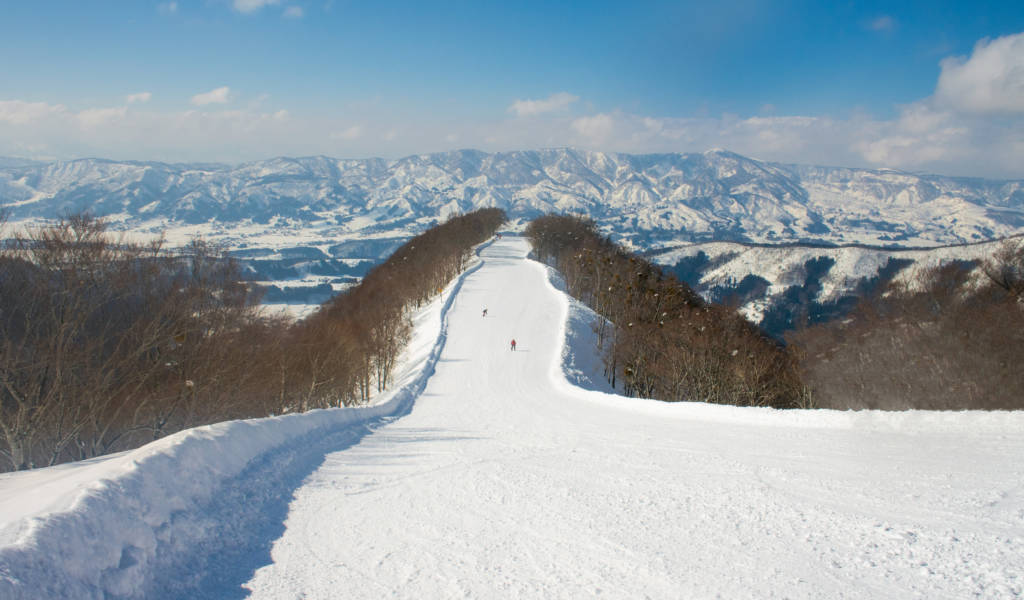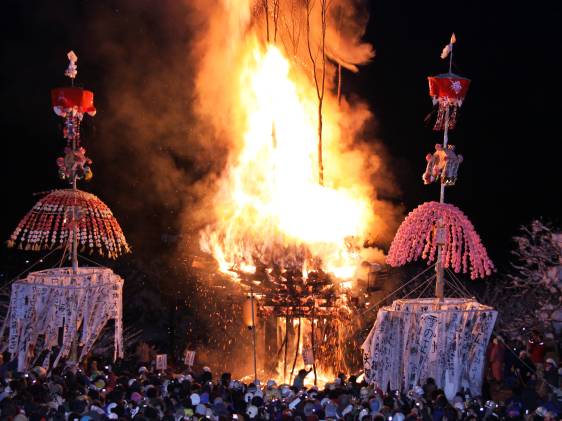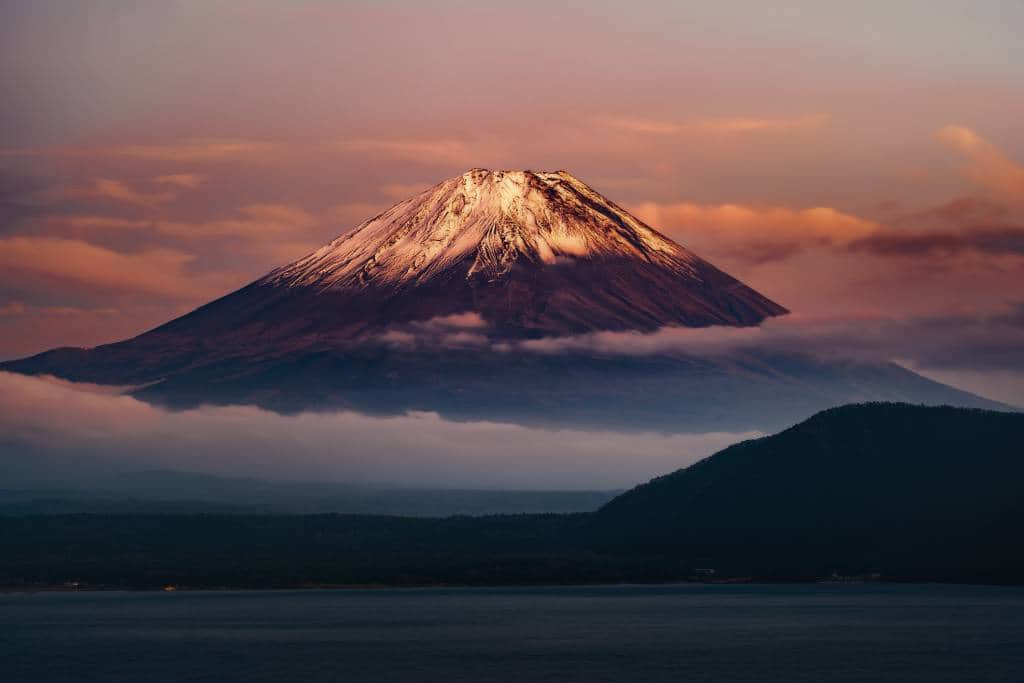Discovered by a monk (as legend has it), Nozawa Onsen combines the two best Japanese winter pastimes — snowy skiing and warming onsen.
Pro tip: Want private transfers to or from the airport? NearMe is offering a special discount for Tokyo Cheapo readers for up to ¥1,500 off your first trip.

The winter sports/hot-spring paradise that is Nozawa Onsen is located in the northern part of Nagano Prefecture. It has a small-town, local feel, making it a perfect getaway from Tokyo, whether you love one or both of these activities.
Relaxing hot-spring options

Local legend says a monk discovered the hot springs in the eighth century, but the town has only been famous for them since the Edo period. The offerings include 13 public baths (called soto-yu), which are open to anyone and everyone, free of charge. Donations are appreciated, though, and you can put them in the marked boxes outside the bathhouses. An unofficial 14th option called Furusato no Yu also exists near the bottom of town. Further away from the main spring source, the water there is a slightly more beginner-friendly 43° compared to the 48° heat of most of the other onsen. Entry to Furusato no Yu is around ¥500.
Pro tip: Never visited a Japanese bathhouse before? Check out our bathing etiquette primer before taking the plunge.
Hitting the slopes in Nozawa Onsen
Nozawa Onsen is said to be one of the spots where skiing kicked off in Japan. It’s also where the biathlon events were held during Nagano’s 1998 Winter Olympics. It’s got the best of both winter sports and traditional Japan — and it’s accessible to foreign visitors thanks to English maps, menus, and so on.
Nozawa Onsen Ski Resort: Info and pricing

It may be the only resort in Nozawa Onsen, but without a doubt, it’s an impressive establishment. Even though it opened in 1924 (making it one of Japan’s oldest ski resorts), it has modern lifts and gondolas and underwent a facelift in 2024. It has a good balance of terrain for all levels of experience. There is also a chance to get a view of the Northern Japan Alps and the Sea of Japan.
The ski and snowboarding season typically runs from late November to early May. You can rent gear at the resort. Here are the prices for the 2024/2025 season:
- A one-day lift pass is ¥7,300 for adults, ¥4,400 for kids, and ¥5,900 for seniors.
- Half-day passes (4 hours) are ¥6,200, ¥3,700, and ¥5,000, respectively.
- Night skiing (5 p.m. – 10 p.m.) passes are also available for adults (¥2,700) and for kids (¥1,600).
- See the official site for a full price list, which includes 2-day, 3-day, seasonal passes and more.
- Snow-shoe tours are an alternative way to explore the area.
Pro tip: Booking.com offers a range of very decent Nozawa Onsen hotels and ryokan (traditional Japanese inns).
Nozawa Onsen Fire Festival

We highly recommend going in mid-January if at all possible, as that is when you can experience the Nozawa Onsen Fire Festival, one of the biggest fire festivals in Japan. The event honors a type of deity known as dōsojin and is held to celebrate boys born in the past year, to dispel evil spirits, and to pray for happy marriages.
Traveling from Tokyo to Nozawa Onsen
The Hakutaka service on the Hokuriku Shinkansen is the only bullet train to go from Tokyo to Iiyama, the closest station to Nozawa Onsen. It’s a little under two hours and around ¥8,580 one-way. From there, you can take the Nozawa Onsen Liner Bus for ¥600 (about 25 minutes). There is also a taxi service available.
Looking for other places to hit the slopes this winter? The mega ski resort of Shiga Kogen is also in Nagano. See our guide to ski resorts near Tokyo for more ideas.
While we do our best to ensure it’s correct, information is subject to change. Post first published in January 2018. Last updated in December 2024 by Patrick Balfe.
Get our Tokyo Cheapo Hacks direct to your inbox
-
 Ultimate Guide to Japan For Naruto Fans
Ultimate Guide to Japan For Naruto Fans -
 How Much Data Do You Need for Your Trip to Japan?
How Much Data Do You Need for Your Trip to Japan? -
 Renting a Pocket Wifi Router in Japan: Best Options
Renting a Pocket Wifi Router in Japan: Best Options -
 Go-Karting in Tokyo: Everything You Need To Know
Go-Karting in Tokyo: Everything You Need To Know -
 Morning Sumo Practice in Tokyo—Everything You Need To Know
Morning Sumo Practice in Tokyo—Everything You Need To Know -
 First-Time Harajuku Itinerary: Fashion, Street Food, and More
First-Time Harajuku Itinerary: Fashion, Street Food, and More























